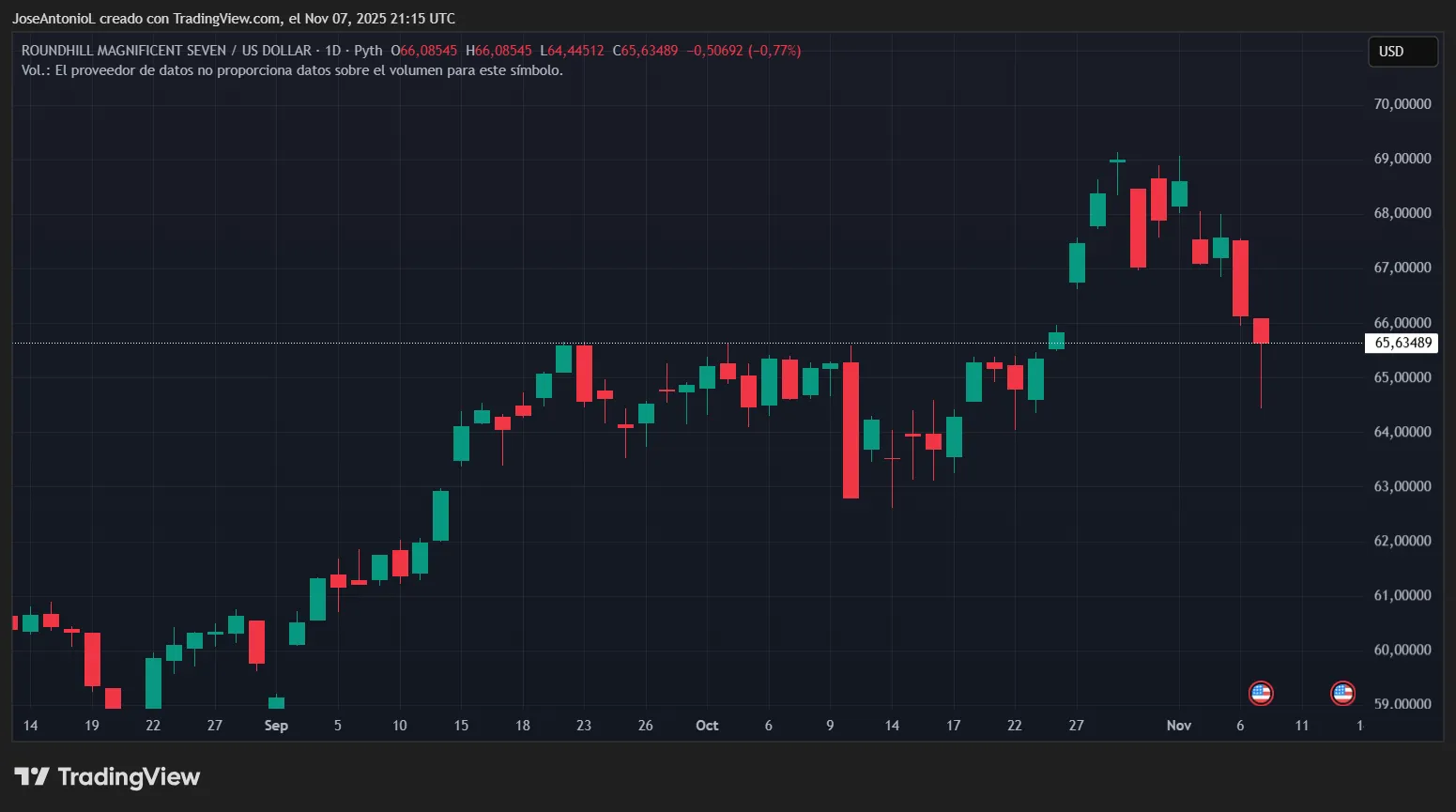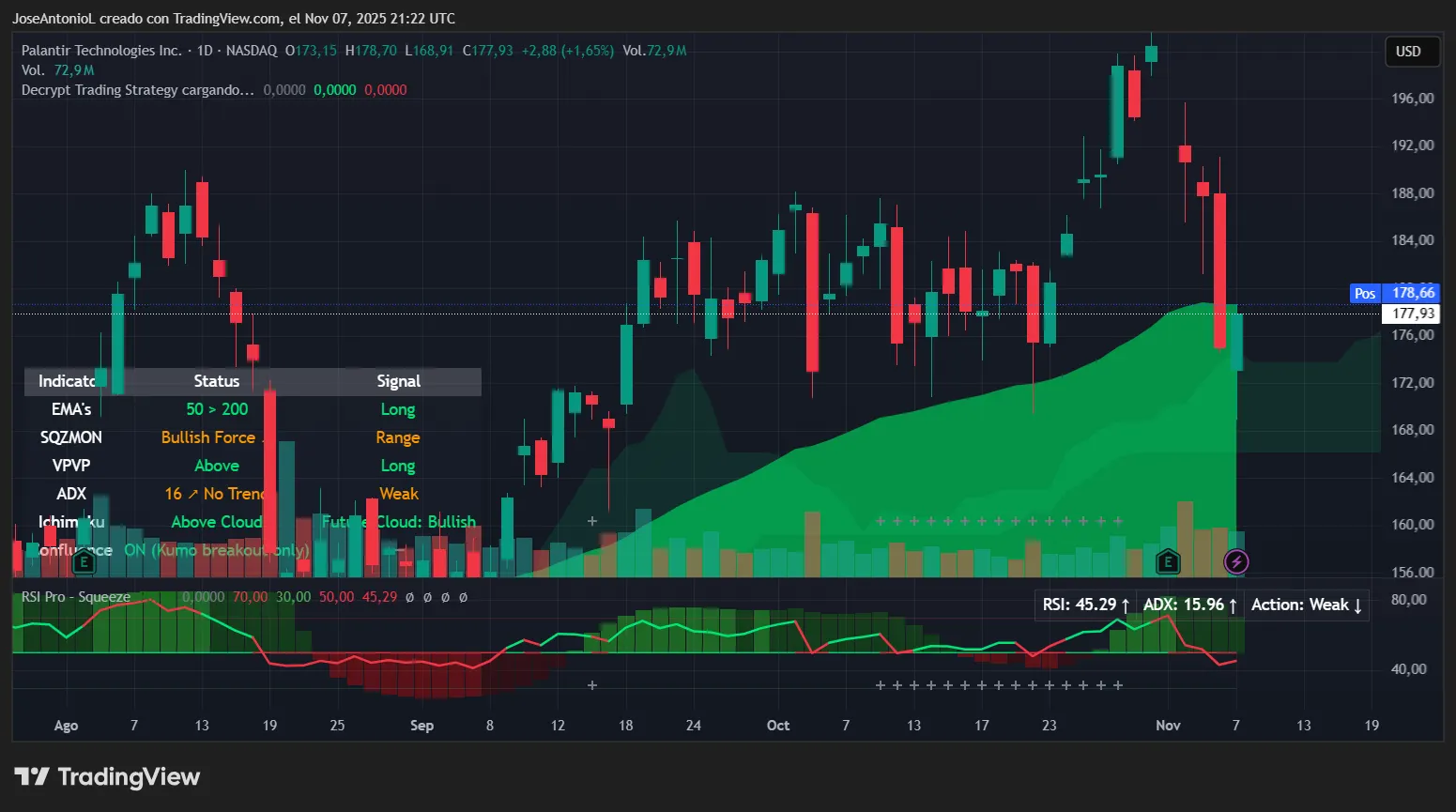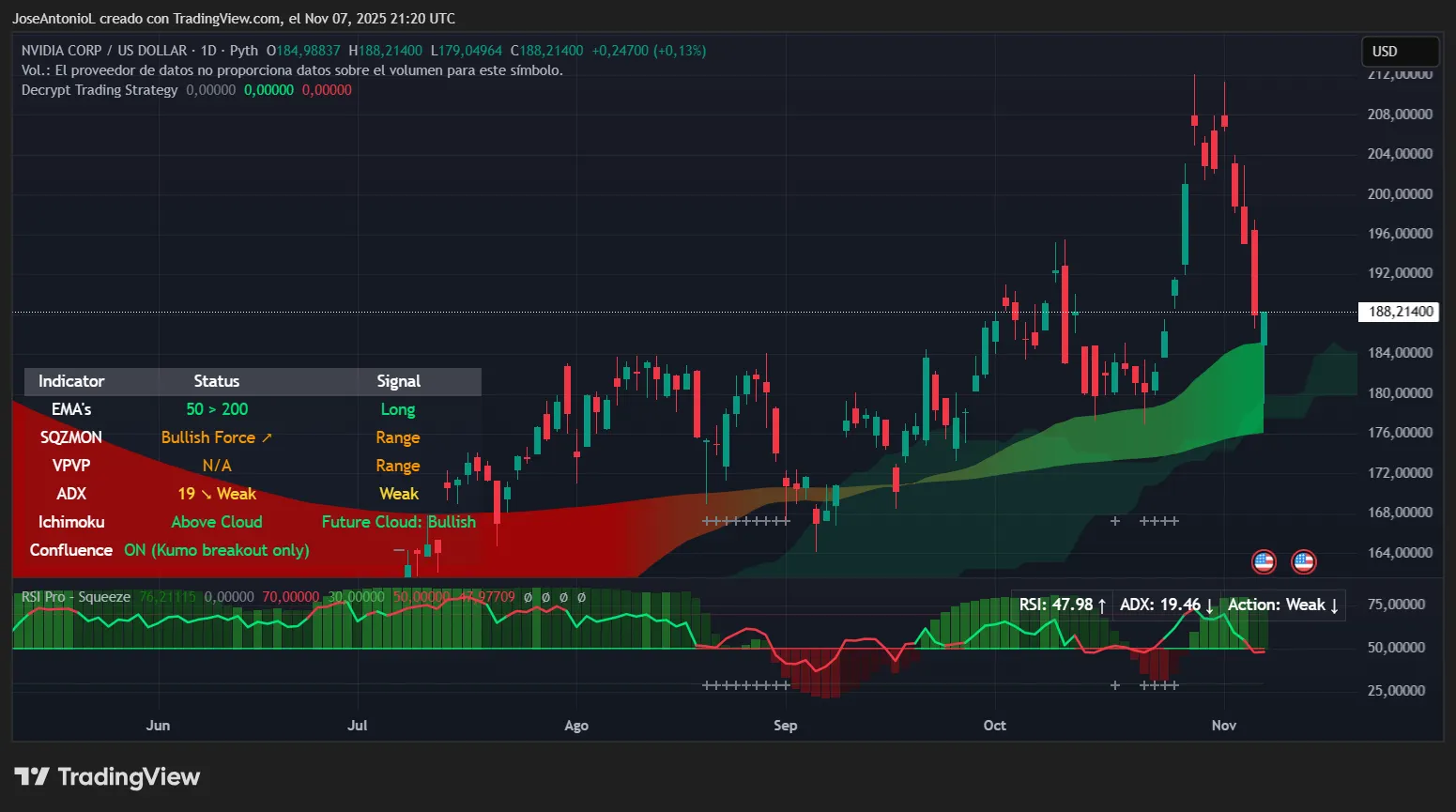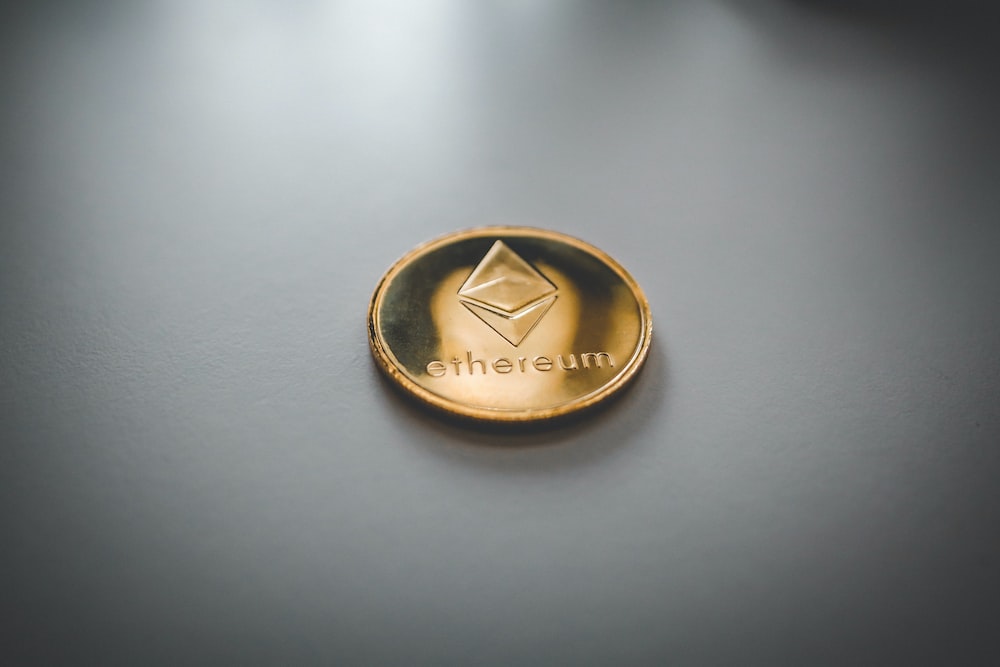
In short
- Michael Burry warns AI stocks are in bubble territory, betting $1.1 billion against Nvidia and Palantir.
- His fund holds large put options, accounting for 80% of Scion’s portfolio as of September 30.
- Palantir’s CEO dismissed Burry’s logic, calling it “crazy.”
Michael Burry, the investor who correctly predicted the 2008 housing crisis (of “The Big Short” fame), disclosed $1.1 billion short positions in Nvidia and Palantir Technologies via put options on Monday, sparking an immediate sell-off across technology markets this week.
Palantir fell about 8% after falling as much as 16% on Tuesday. The decline comes despite the company beating third-quarter revenue estimates and raising its full-year guidance. Nvidia fell between 2% and 4% during the same trading session, while the Nasdaq Composite recorded its biggest daily percentage decline in nearly a month at around 2%. On this day, all ‘Magnificent Seven’ AI-related stocks closed in a downward trend.

The reaction spread beyond American borders. Asian and European markets recorded sharp declines the following day, while indices in Japan and South Korea fell sharply as concerns over technology valuations became a driver of global sentiment.
Palantir’s recovery has been slower than Nvidia’s. The data analytics company trades for a price-to-earnings ratio of around 254 and a price-to-sales ratio of around 115, making it particularly vulnerable to continued bearish pressure.
The price is currently trading below its average over the past 50 days, which is a warning sign for those who trust technical analysis.

Nvidia, which controls about 80% of the AI chip market, has experienced a more modest and restrained sell-off. Shares of the semiconductor giant could be in better position today
Unlike Palantir, this stock never fell below its 50-day benchmark. This is where analysts attribute the current situation to good fundamentals and technical dominance.

While initial fears may seem to have dissipated, neither stock has returned to its previous all-time highs. Burry’s disclosure injected new volatility into the AI sector, making investors more cautious about buying at extreme valuations.
wider fallout
The short positions coincided with warnings from key Wall Street executives. The CEOs of Morgan Stanley and Goldman Sachs have publicly warned investors to prepare for the possibility of a 10 to 20 percent correction in the stock market over the next few years. Deutsche Bank has reportedly begun exploring strategies to hedge its exposure to AI-based investments in data centers.
In a social media post, Burry highlighted the issue of “circular financing,” pointing out how major tech companies invest in or lend to partners like OpenAI, Oracle and CoreWeave and then commit to buying chips and services, primarily from Nvidia. Analysts at Seaport Global Securities described the trading as “emblematic of bubble-like behavior” and questioned whether the reported growth represented true organic demand.
Palantir CEO Alex Karp responded aggressively to Burry’s stance, calling it “insane.” Karp said the short will motivate his company to produce better numbers “to make us poorer.”
In essence, investors aren’t simply ignoring Burry’s warnings. They treated his short selling as valid information. This, combined with CEO warnings and technical valuation extremes, justified short-term risk reduction in the most speculative part of the AI rally.
generally intelligent newsletter
A weekly AI journey explained by Gen, a generative AI model.



